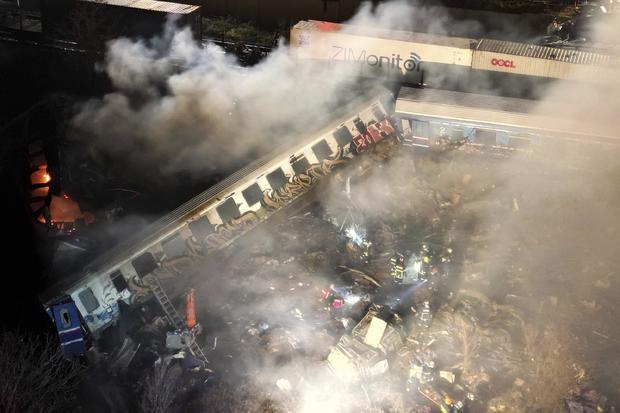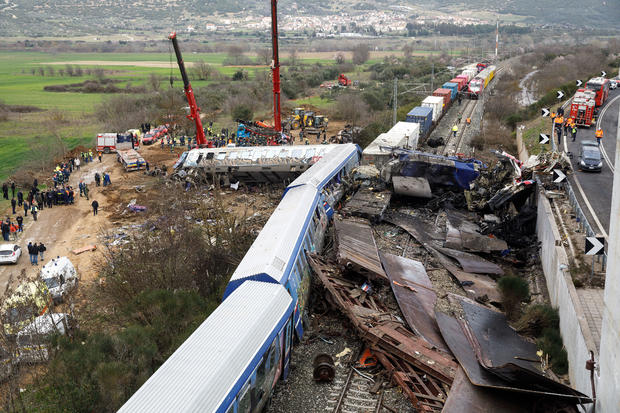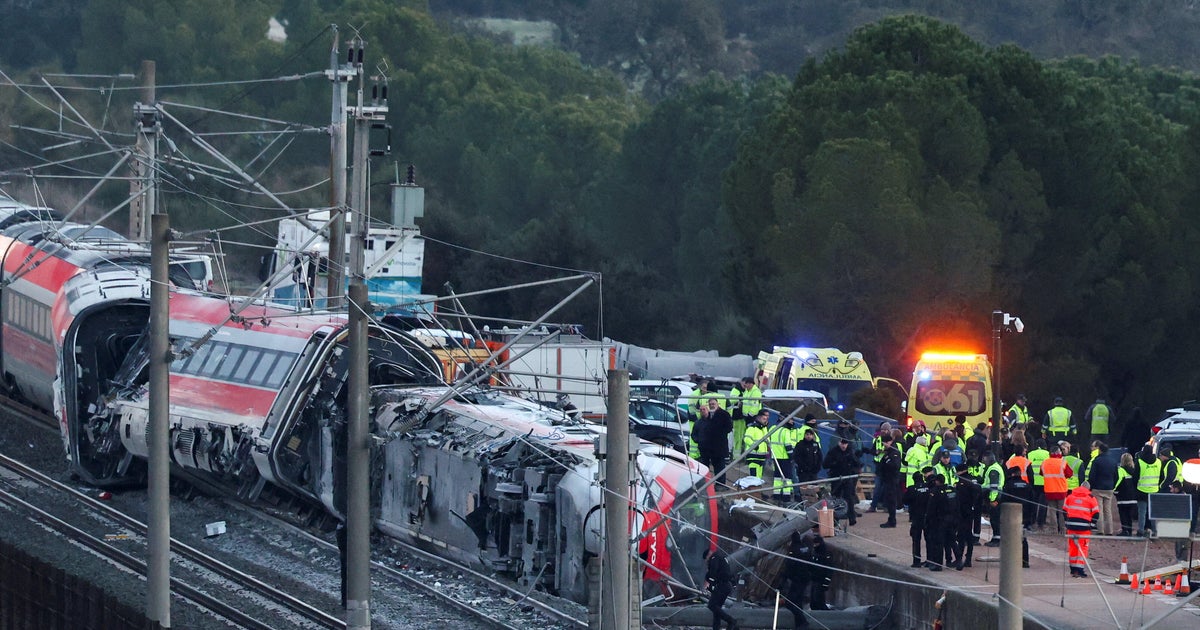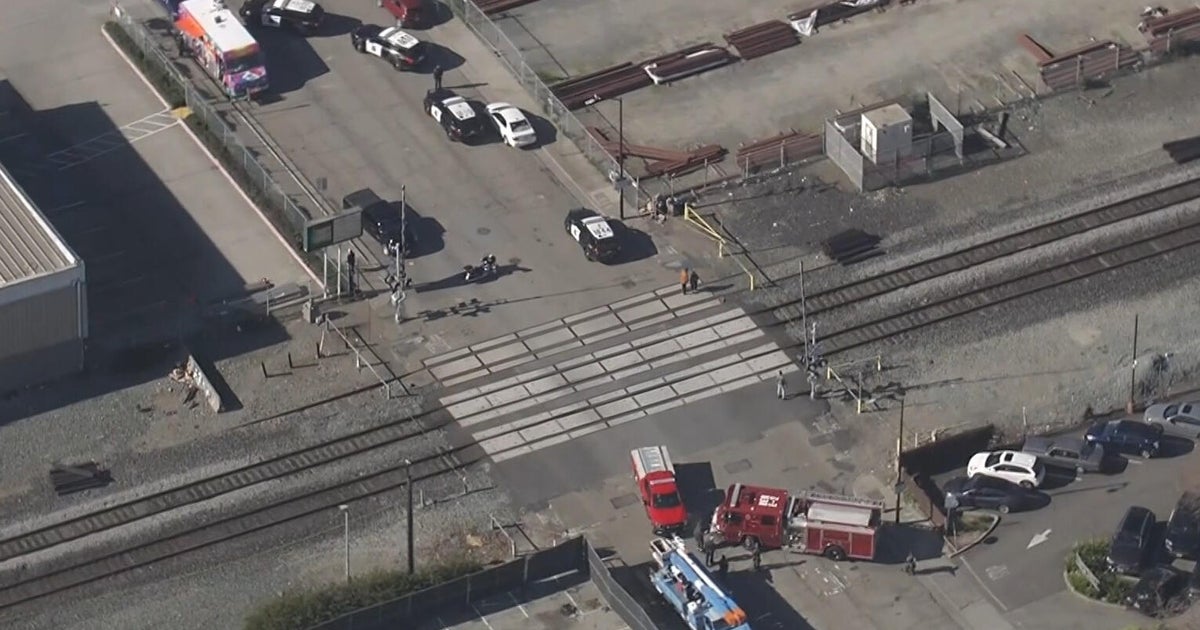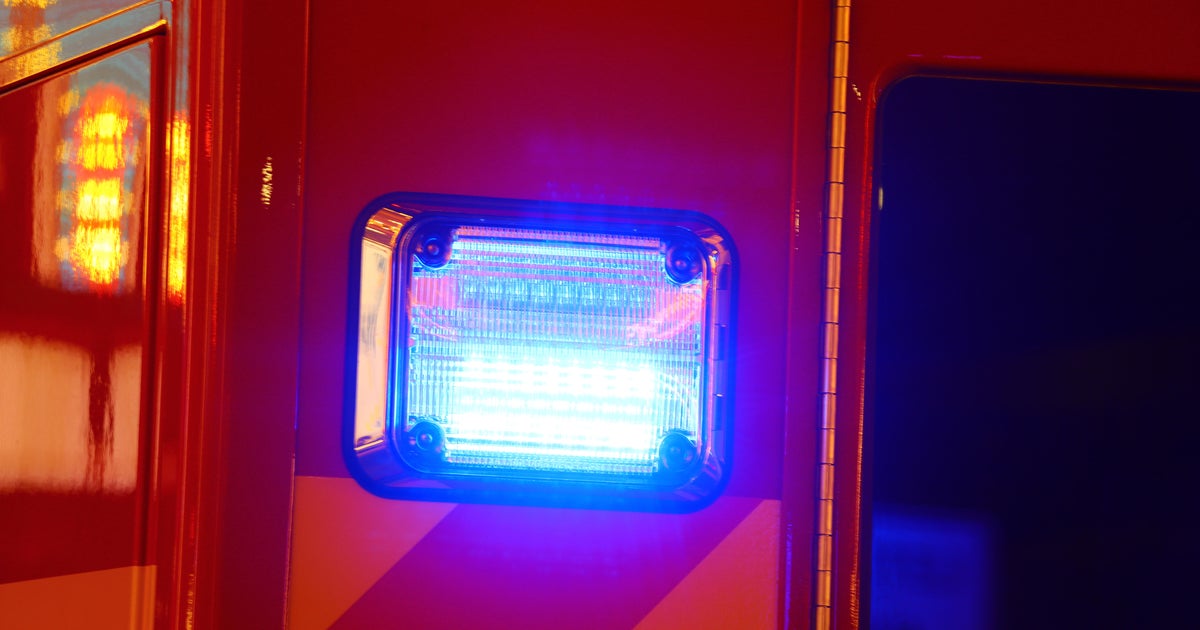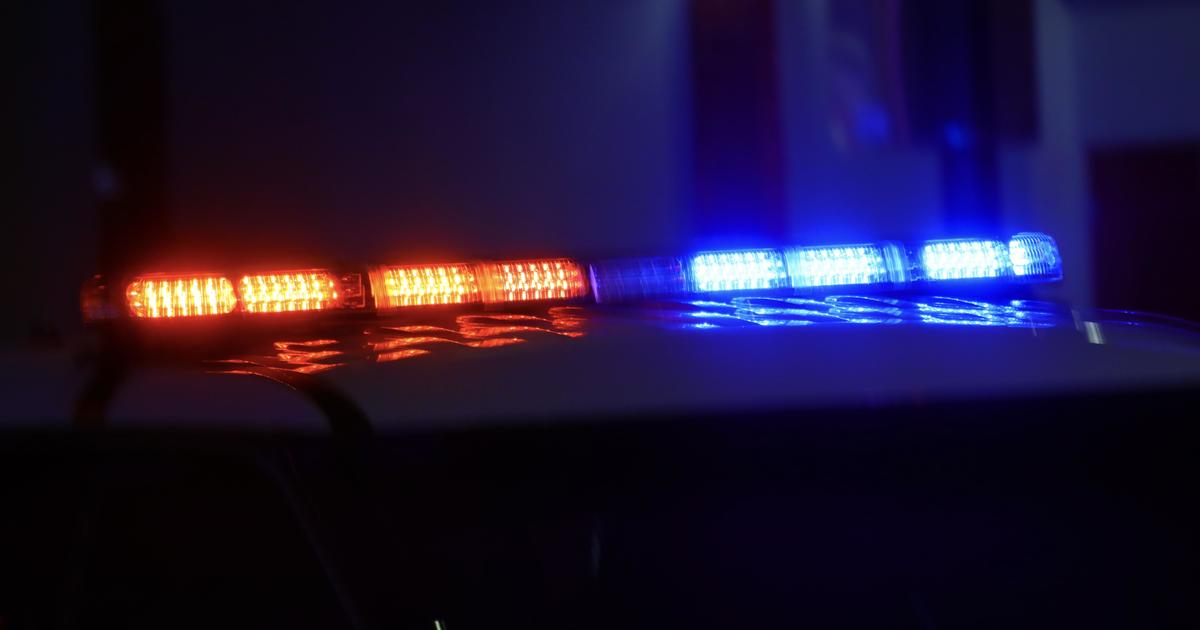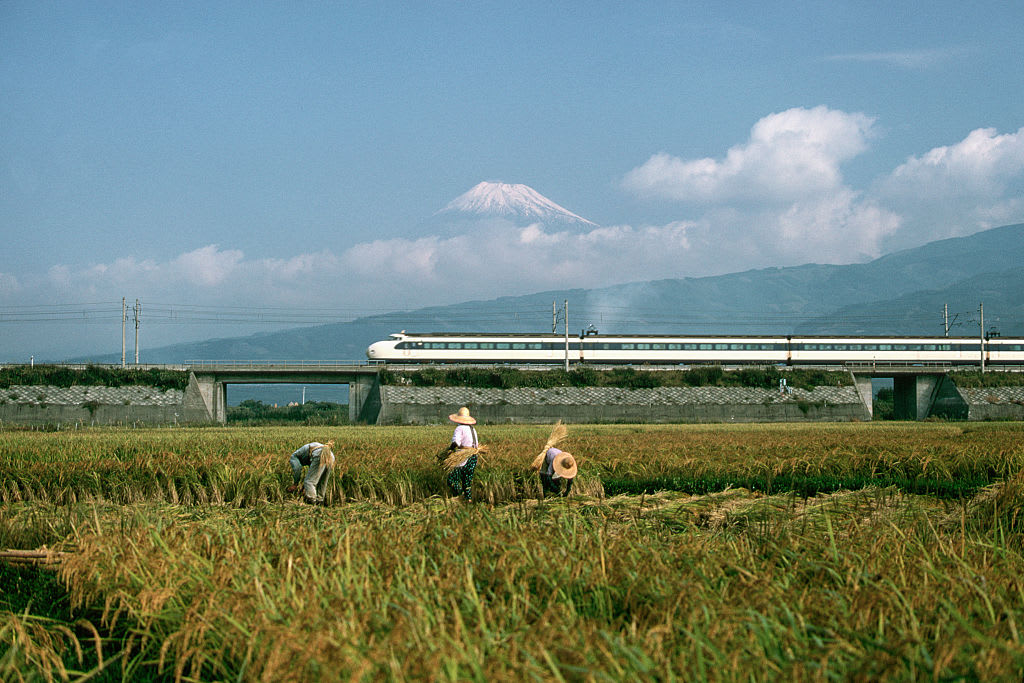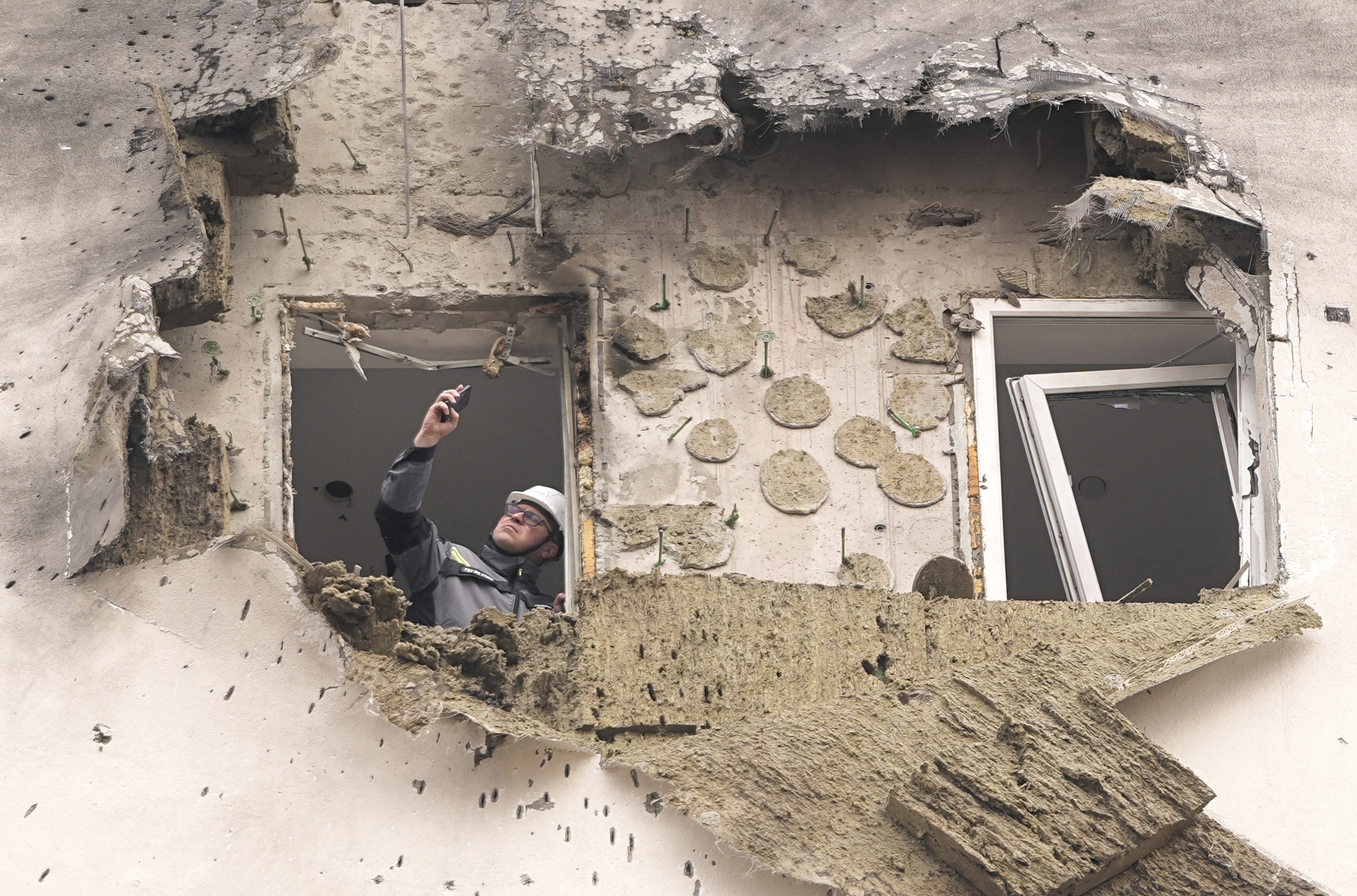Train crash in Greece kills at least 43 people and leaves scores more injured as station master arrested
A passenger train carrying hundreds of people, including many university students coming back from their holidays, collided at high speed with an oncoming freight train in a fiery wreck in northern Greece, killing at least 43 people and injuring some 85, officials said Wednesday. Multiple cars derailed and at least three burst into flames after the collision just before midnight Tuesday near the town of Tempe as the passenger train was emerging from a highway underpass. The country's worst-ever rail crash crumpled carriages into twisted steel knots.
Greek police said the manager of the train station in the central city of Larissa was arrested Wednesday in connection with the head-on collision. Another two people were detained for questioning.
Greek Transportation Minister Kostas Karamanlis resigned, saying he was stepping down in the wake of the tragedy "as a basic indication of respect for the memory of the people who died so unfairly" and calling it "the least he could do to honor the memory of the victims" as he spoke on live television. He said he was taking responsibility for "long-standing failures" in the country's transport network.
Karamanlis said he had made "every effort" to improve a railway system that had been "in a state that doesn't befit the 21st century."
The impact just before midnight Tuesday threw some passengers into ceilings and out the windows.
"My head hit the roof of the carriage with the jolt," Stefanos Gogakos, who was in a rear car, told state broadcaster ERT. He said windows shattered, showering riders with glass.
Greek Prime Minister Kyriakos Mitsotakis called the collision of the passenger train and a freight train "a horrific rail accident without precedent in our country," and pledged a full, independent investigation.
He said it appears the crash was "mainly due to a tragic human error."
Fire brigade spokesman Vassilis Varthakogiannis said at a briefing Wednesday that the death toll was likely to rise as identifying remains from the first car of the passenger train in particular would be difficult due to the extreme heat of the fire that erupted.
"Temperatures were particularly high, reaching even 1,300 degrees Celsius (about 2,700 Fahrenheit)," Varthakogiannis told journalists.
"The 59-year-old station master was arrested," AFP quoted a local police spokesperson as saying, adding that charges would be announced later in the day, but providing no information on what those charges might be. Greek government spokesman Yiannis Economou said earlier that the two trains had been running in opposite directions on the same track for "several kilometers."
Rescue crews illuminated the scene with floodlights before dawn Wednesday as they searched frantically through the twisted, smoking wreckage for survivors.
After sunrise, they turned to heavy machinery that had been brought in to start moving large pieces of the trains. What appeared to be the passenger train's third carriage lay atop the crumpled remains of the first two, where emergency crews were directing their focus.
AFP cited Greek emergency services as saying roughly 150 firefighters and 40 ambulances had responded.
Officials said many of the passengers on the Athens to Thessaloniki train were university students returning home after celebrating Carnival over the long weekend.
"This is a terrible tragedy that is hard to comprehend," said Deputy Health Minister Mina Gaga. "I feel so sorry for the parents of these kids."
Survivors said several passengers were thrown through the windows of the train cars due to the impact. They said others fought to free themselves after the passenger train buckled, slamming into a field near a gorge about 235 miles north of Athens.
"There were many big pieces of steel," said Vassilis Polyzos, a local resident who said he was one of the first people on the scene. "The trains were completely destroyed, both passenger and freight trains."
He said dazed and disoriented people were escaping out of the train's rear cars as he arrived.
"People, naturally, were scared - very scared," he said. "They were looking around, searching; they didn't know where they were."
"It was a nightmare. ... I'm still shaking," a 22-year-old passenger named Angelos told AFP. "Fortunately we were in the penultimate car and we got out alive. There was a fire in the first cars and complete panic. The collision was like a huge earthquake."
Eight rail employees were among those killed in the crash, including the two operators of the freight train and the two operators of the passenger train, according to Greek Railroad Workers Union President Yannis Nitsas.
The trains crashed just before the Vale of Tempe, a gorge that separates the regions of Thessaly and Macedonia. Costas Agorastos, the regional governor of the Thessaly area, told Greece's Skai Television the two trains collided head on at high speed.
"Carriage one and two no longer exist, and the third has derailed," he said.
Rescuers wearing head lamps worked in thick smoke, pulling pieces of mangled metal from the cars to search for trapped people. Others scoured the field with flashlights and checked underneath the wreckage. Several of the dead are believed to have been found in the restaurant car near the front of the passenger train.
"I've never seen anything like this in my entire life," AFP quoted one rescue worker as saying as he emerged from the wreckage. "It's tragic. Five hours later, we are finding bodies."
Greece's firefighting service said some 66 people were hospitalized, including six in intensive care.
"The evacuation process is ongoing and is being carried out under very difficult conditions due to the severity of the collision between the two trains," said fire service spokesperson Vassilis Varthakoyiannis.
Passengers who received minor injuries or were unharmed were transported by bus to Thessaloniki, 80 miles to the north. Police took their names as they arrived, in an effort to track anyone who might be missing.
A teenage survivor who didn't give his name to reporters said that just before the crash, he felt a strong braking and saw sparks, then there was a sudden stop.
"Our carriage didn't derail, but the ones in front did and were smashed," he said, visibly shaken.
He added that the first car caught fire and that he used a bag to break the window of his car, the fourth, and escape.
Rail operator Hellenic Train said the northbound passenger train to Thessaloniki, Greece's second-largest city, had about 350 passengers on board.
Agorastos described the collision on state television as "very powerful" and said it was "a terrible night."
"The front section of the train was smashed. ... We're getting cranes to come in and special lifting equipment clear the debris and lift the rail cars. There's debris flung all around the crash site."
Officials said the army had been contacted to assist.
Hellenic Train, which has added high-speed services in recent years, is operated by Italy's FS Group, which runs rail services in several European countries.
